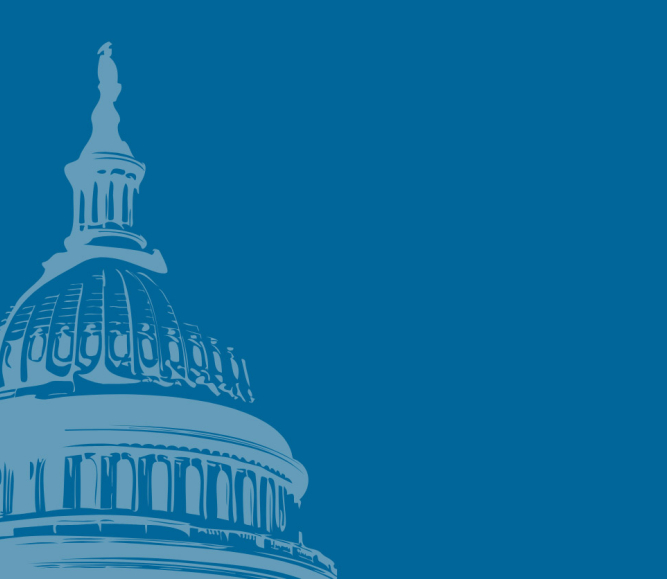Senate passes Second Chance Act reauthorization
Author

Brett Mattson

Naomi Freel
Upcoming Events
Related News

Key Takeaways
OCTOBER 22, 2025 UPDATE: On October 22, NACo sent a letter to the House Judiciary Committee leadership in support of the Second Chance Reauthorization Act of 2025 (H.R. 3552/S.1843). Read NACo's letter of support here.
October 9, 2025 UPDATE: Today, the U.S. Senate passed the Second Chance Reauthorization Act of 2025 (S.1843) as an amendment to the National Defense Authorization Act (NDAA) of 2026. The full package now moves to the U.S. House of Representatives, where House lawmakers will consider whether to maintain these provisions in their respective version of the NDAA.
On May 22, the Second Chance Reauthorization Act of 2025 (H.R. 3552/S.1843) was introduced in the U.S. Senate and the U.S. House of Representatives with robust bipartisan support. NACo supports this legislation, which would reauthorize funding for Second Chance Act (P.L. 110-199) programs through 2030.
Second Chance Reauthorization Act explained
Second Chance Act programs support America’s counties in improving reentry services, reducing recidivism and strengthening public safety. Enactment of the Second Chance Reauthorization Act would ensure the continued availability of critical reentry grant programs and expanding substance use treatment services and supportive housing for county residents.
Specifically, this legislation would:
- Support individuals reintegrating into their communities post-incarceration through the reauthorization of critical grants programs offering targeted services to justice-impacted individuals.
- Expand allowable uses for supportive and transitional housing services for those returning to their communities from a carceral setting.
- Enhance substance use disorder treatment services, including peer recovery, case management and overdose prevention.
Importance to counties
The Second Chance Act authorizes federal grants that assist states, counties and nonprofit organizations in developing and implementing programs to help formerly incarcerated individuals successfully reintegrate into the community after their release from correctional facilities. Administered through the Office of Justice Programs at the U.S. Department of Justice (DOJ), Second Chance Act programs have helped numerous counties provide reentry services – like employment assistance, substance abuse and mental health treatment, housing, family-center programming and mentoring – to adults and juveniles returning to the community from prisons or jails.
Since its establishment in 2008, the Second Chance Act has funded more than 1,300 grants to state and local governments and nonprofit organizations, and more than a third of these grants have been awarded to counties. These investments in reentry programs have proven effective in helping individuals successfully reintegrate into their communities. Successful reintegration results in lower rates of recidivism, which improves public safety and provides significant savings to counties, who collectively spend $107 billion each year on criminal justice.
Related News

Information-sharing bill could protect court workers
The Countering Threats and Attacks on Our Judges Act could provide more than 30,000 state and local judges with access to security assessments, best practices and a database of threats made against colleagues in the justice field.

California counties fight agricultural crime
Sheriffs' offices and prosecutors in California's central valley make specific efforts to prevent and prosecute crimes against the agricultural community.
Survivor’s story helps empower Ohio county dog wardens
A courageous dog attack survivor helped county dog wardens make their case for more authority to protect residents.
Resource
Increase Funding for the Second Chance Act to Support Local Reentry Programs that Reduce Recidivism Among Formerly Incarcerated Individuals
